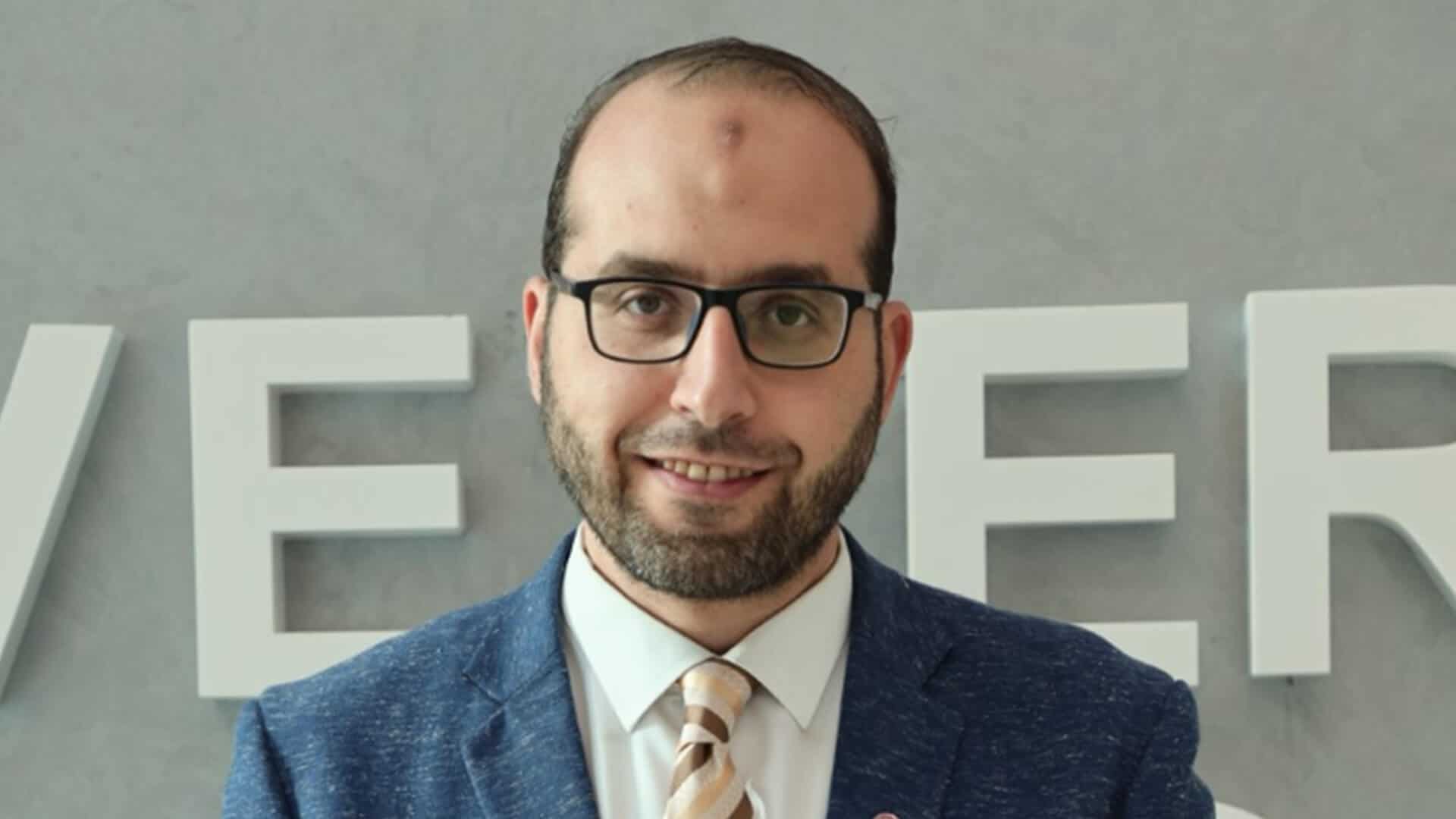Veterinary medicine is one of the most important and prominent specialties in international universities, which a large number of students seek to study. It is known as the specialization that deals with the study of animals biologically and how to treat animals scientifically and accurately, as well as the application of medical, diagnostic and therapeutic principles to productive, domestic and wild animals.
Veterinary medicine, like that of the medical profession, has been affected by the existence of the Corona pandemic globally and regionally; and during the first five months of the outbreak of the Corona in the period from January to June 2020, which includes the first twelve weeks after the WHO announcement on March 11 stating Corona as a global pandemic, fewer than 20 pets have tested positive, even though as of June 8, the number of people confirmed with COVID-19 has exceeded 7 million globally and there have been fewer than 25 reports from around the world of animal infections. Pets (dogs and cats) with SARS-CoV-2; However, none of these reports indicate that pets are a source of human infection.
Evidence so far from the few pets that have tested positive for SARS-CoV-2 indicates that this infection is usually the result of close contact with people infected with COVID-19. In vitro studies of experimental infection with SARS-CoV-2 indicate that multiple animal species may theoretically be able to infect SARS-CoV-2, except that a definitive intermediate host has not been identified.
There is little evidence that pets easily contract SARS-CoV-2 under natural conditions, and there is still no evidence that they transmit the virus to humans. The primary way COVID-19 spread between humans is via person-to-person.
Therefore, safety, security and stability, and in particular the flexibility to adapt quickly to this exceptional situation in these difficult times, is of utmost importance, as the emerging pandemic for all economic sectors represents an unprecedented challenge, and strengthening cooperation, communication and innovation is required to overcome it.
Ever since the spread of the Corona pandemic, all veterinary directorates have formed teams to disinfect and sterilize all government facilities, especially the dense ones daily, in coordination with all government agencies to confront the Corona virus and limit its spread. Egypt has committed to implementing all precautionary measures to prevent Coronavirus.
The World Health Organization also indicated that in addition to reducing the employment rates in various institutions and employers by 50%; all health officials around the world are constantly working hard to combat COVID-19.
Veterinary medicine is committed to providing realistic and up-to-date information and resources to support the veterinary community in providing services during this pandemic.
This work includes taking care of pets, horses, and livestock including the protection of the food supply of the citizens, laboratory animals, aquatic and terrestrial animals, and every necessary work helps to protect human and animal health.
Written by
Dr. Mohamed Abdo Ibrahim
Assistant Professor of Anatomy and Embryology
School of Veterinary Medicine – Badr University in Cairo.


